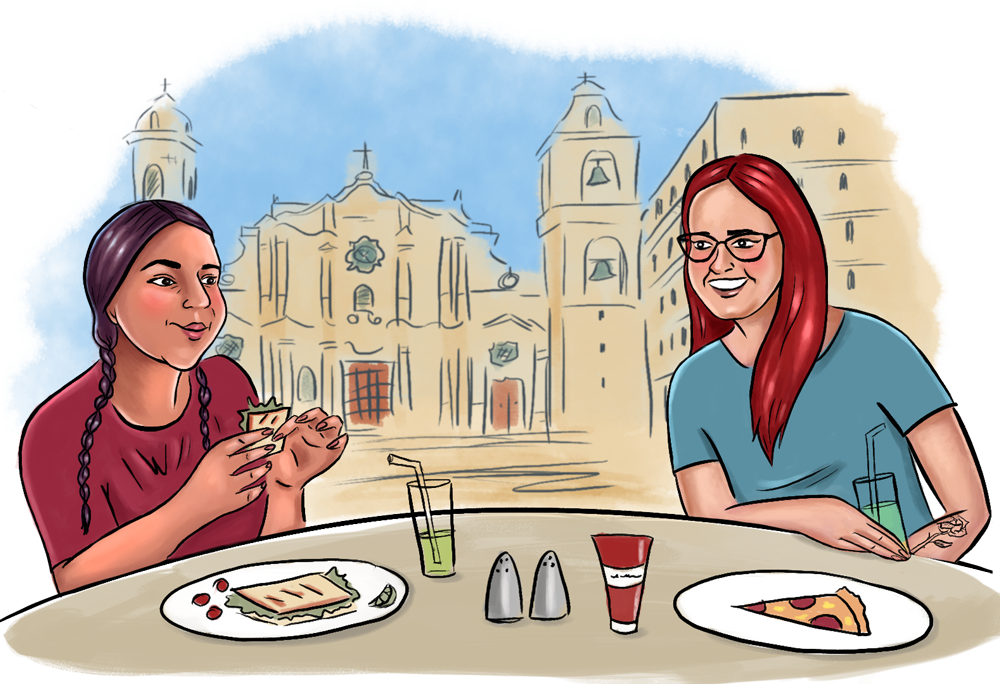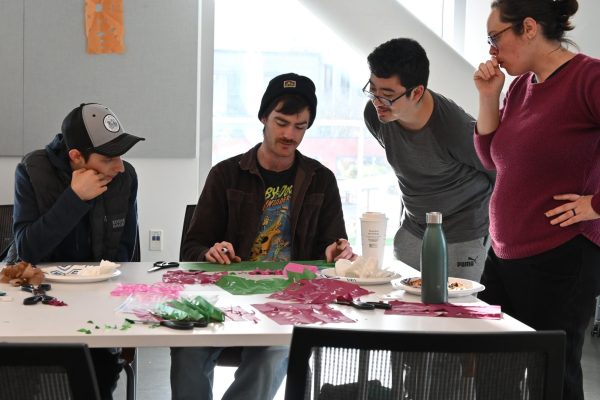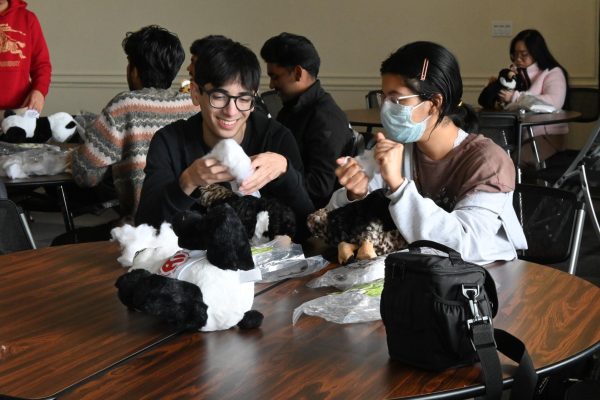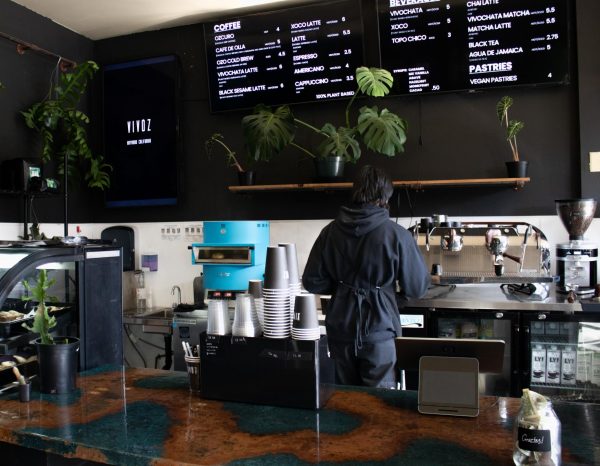Dining overseas has its challenges for tourists
You can tell a lot about a culture by observing its mealtime rituals. In America, convenience and efficiency are prioritized over both quality of food and togetherness. In Cuba, the process is much slower and more laborious. Drive-thru’s don’t exist and you’re forced to take a more active role in dining, which means either tracking down your own waiter or standing at a table or bar to eat because there aren’t enough chairs. There are also some other unspoken rules I’ve discovered while eating out in Cuba.
Claim your own table as quickly as possible.
When someone gets up from a table that you’re waiting for, you have to beeline there as fast as possible. In some situations, a host will seat you, but more often it’s up to you to secure your own table. If there’s an empty seat, someone will fill it if you’re not quick enough.
Expect each meal to take about an hour.
You have to have patience and don’t expect a quick trip in and out like in America. Mealtime is a bonding opportunity and a slow process. Hosts don’t incessantly check up on you, and your food will take longer than expected to arrive. While servers are quicker to clear off empty plates and glasses than in the United States, you usually have to ask for the check.
Nothing is guaranteed.
Due to rations and limited food supply, you might order a pizza and sandwich at a café one day and return the next to find them completely out of bread. Dishes at restaurants also change according to what’s available that day. For example, a few classmates ordered the same dish on two separate occasions and received a slightly different meal. The other day, I stood in line at a small, state-owned market down the street for 30 minutes to buy water, only to find out halfway through the line that they had none. I’ve been told over and over that in Cuba, you need a Plan B, C and D, because things don’t always work out how you expect them to. I can verify that from experience.
Being a tourist doesn’t work in your favor.
While state-run restaurants have fixed prices for food, if you’re not versed in food charges you may end up paying extra because you’re a tourist and they can get away with it. While many restaurants add a 10 percent service charge to the bill, my interpreter informed me that there should never be a tax charge on top of that.
More than a meal
Mealtimes are about more than just sustenance. They provide an opportunity to bond and spend time with one another. In Cuba, that sense of community and togetherness is much stronger than it is in America. Eating out in this country has taught me patience, humility and has encouraged me to be assertive and to keep an open mind.













